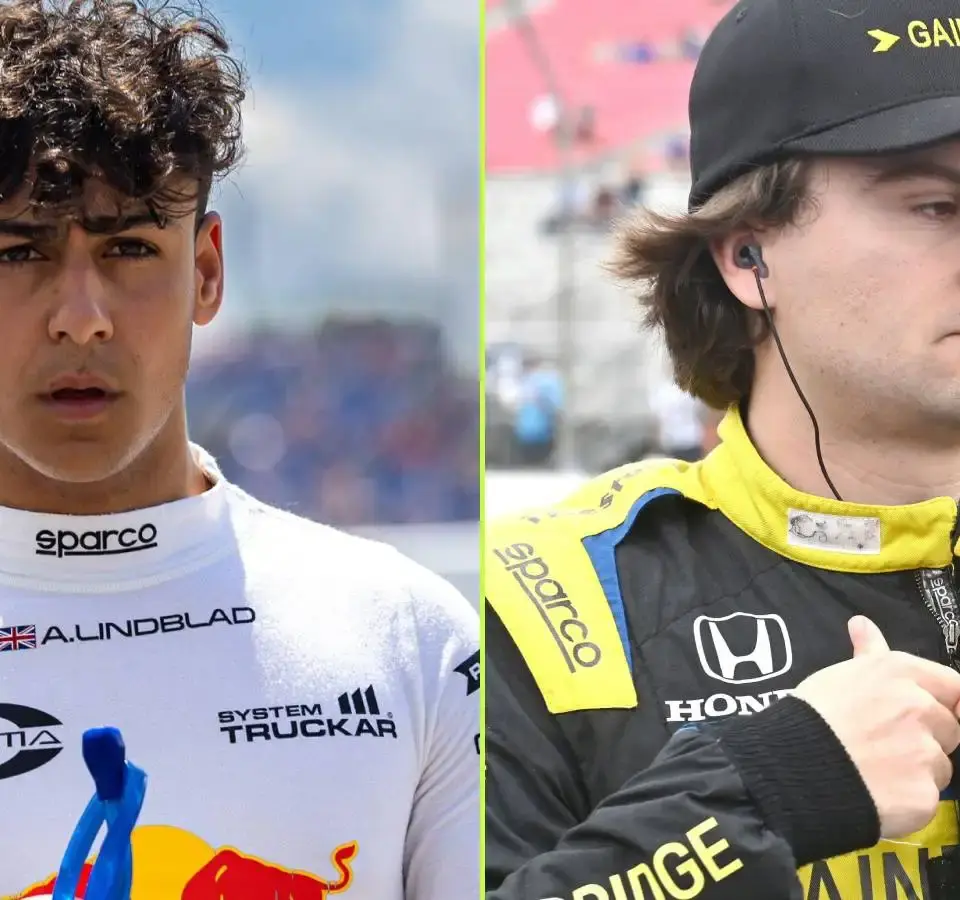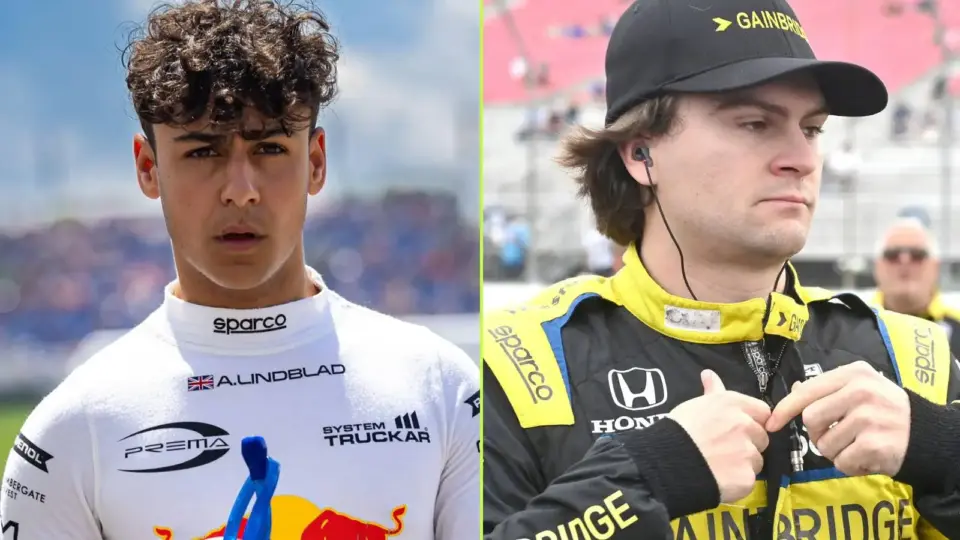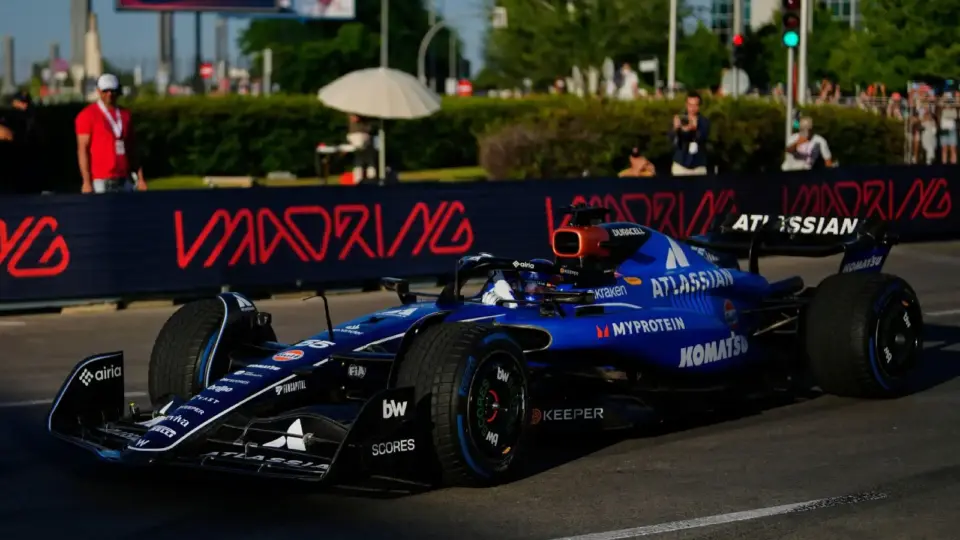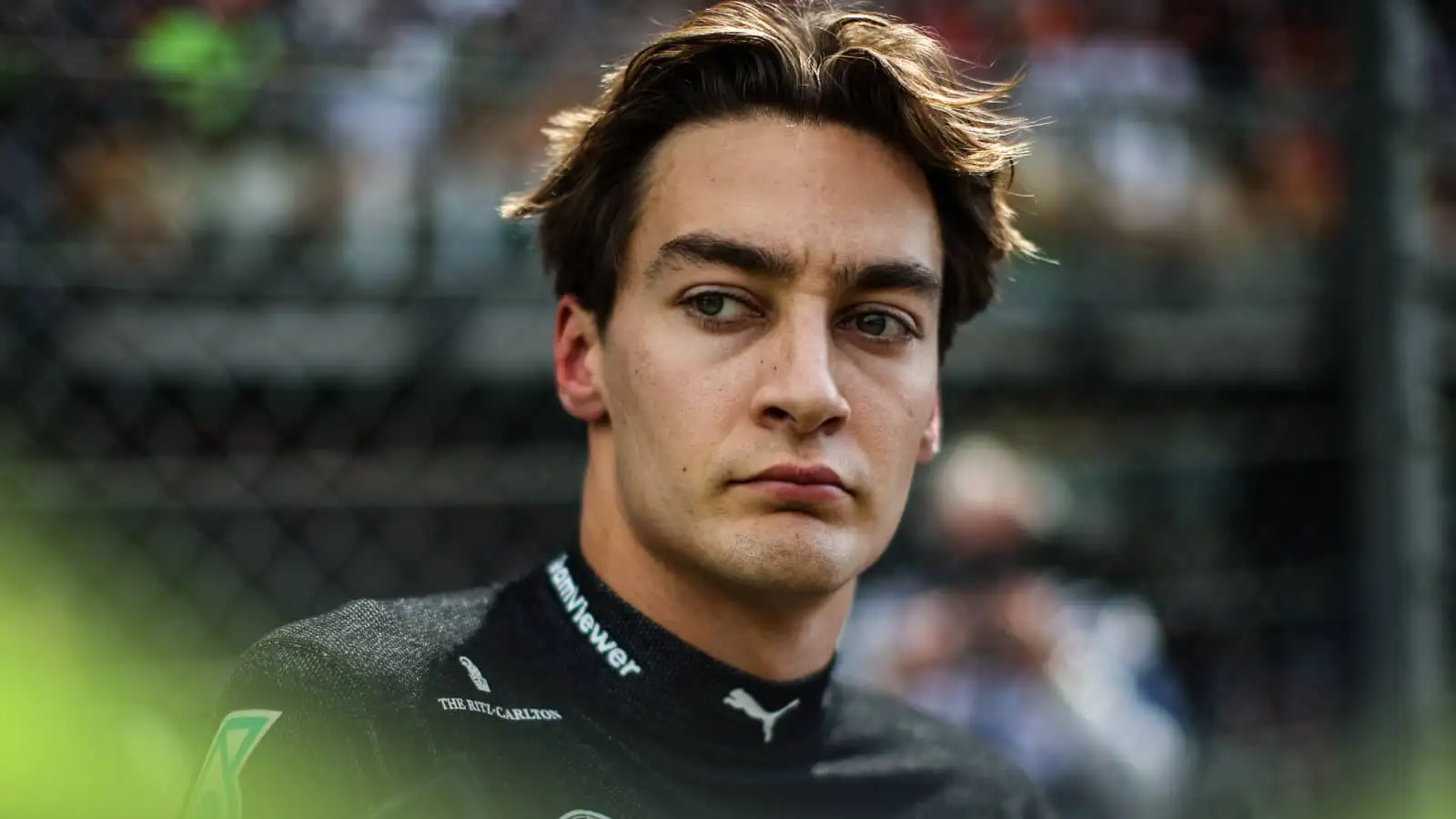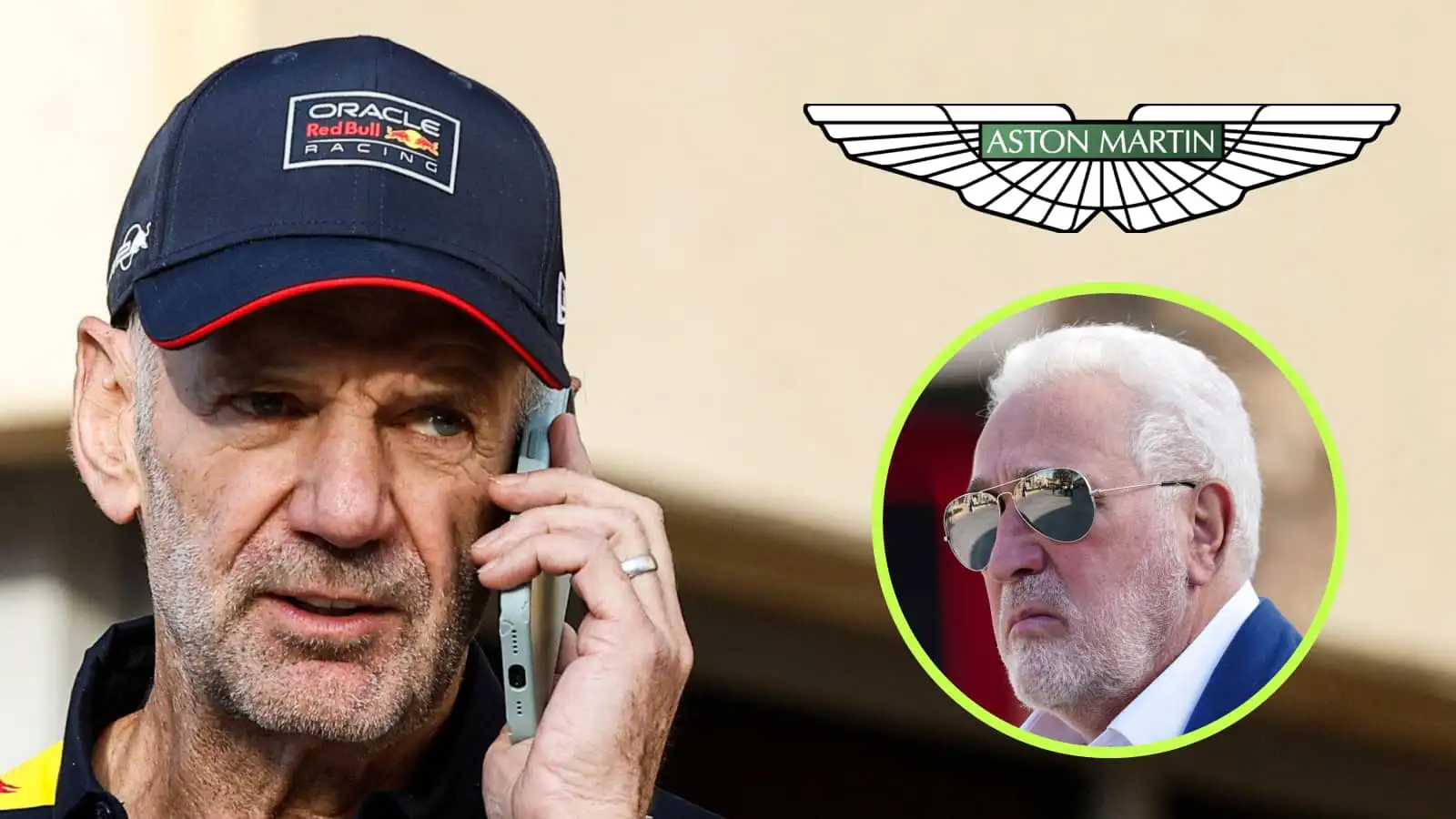Arvid Lindblad has achieved what many thought impossible: securing an FIA Super Licence before turning 18. Let’s dive into how he accomplished this unique feat.
- The FIA granted Lindblad a Super Licence exemption, just shy of his 18th birthday, citing his impressive performance in various championships.
- Despite a similar request for Colton Herta, the FIA denied him a Super Licence, failing to meet key requirements that Lindblad surpassed with ease.
- The ‘Kimi Antonelli clause,’ introduced recently, played a pivotal role in facilitating Lindblad’s exemption request.
- Colton Herta’s path was blocked due to insufficient points, while Lindblad surpassed the threshold through strategic participation in multiple racing series.
Arvid Lindblad has managed to crack the FIA’s stringent Super Licence requirements, obtaining the coveted licensure two months before his 18th birthday. This rare achievement was recognized following a meeting of the World Motor Sport Council, with the FIA acknowledging Lindblad’s maturity and consistency in single-seater competitions. They deemed him ready to compete at the highest level, despite his young age.
Colton Herta found himself in a similar situation back in 2022 when Red Bull wanted him at AlphaTauri. Although Herta was the youngest IndyCar race winner, the FIA denied his Super Licence appeal because he didn’t meet the 40-point requirement. Herta, though talented, hadn’t gathered enough points across his racing career to meet the FIA’s criteria.
Lindblad, in contrast, meticulously climbed the points ladder. After securing 12 points with a fourth-place finish in the Italian Formula 4, he bagged another 15 points in 2024. His decisive victory in the Formula Regional Oceania Championship in early 2025 pushed him to 45 points—more than enough to qualify for the licence, even before beginning his F2 stint. This strategic planning contrasted sharply with the situation Herta faced, where his accumulated points fell short, even considering different time windows.
The introduction of the ‘Kimi Antonelli clause’ allowed the FIA to exercise discretion for promising drivers who might otherwise be stymied by their age. This rule adjustment was essential for Lindblad, whose birth in August 2007 would have otherwise delayed his Super Licence. While Herta met age requirements, his points tally did not reflect the ‘outstanding ability’ the FIA seeks, unlike Lindblad’s record.
Herta’s struggle underscores the challenges within the FIA’s points system. His best performance from 2019 to 2022 was insufficient for the 40 points needed. A recent uptick to 32 points, thanks to a second-place finish in 2024, offers some hope, but he’ll need to finish strong in the IndyCar series to potentially join Formula 1’s ranks. Meanwhile, Lindblad’s path showcases a well-executed plan that aligned perfectly with the new flexible clauses in the FIA’s regulations.
Arvid Lindblad’s strategic racing moves and the timely ‘Kimi Antonelli clause’ led to his Super Licence success, a path Colton Herta couldn’t navigate.
